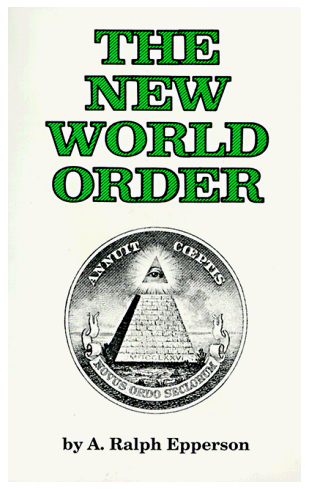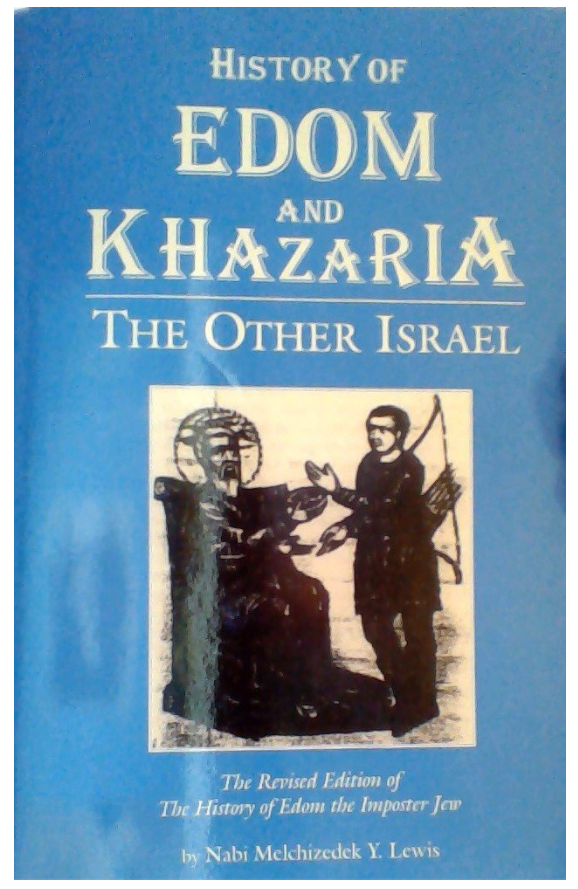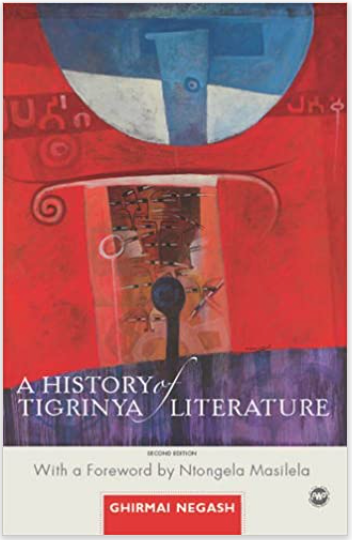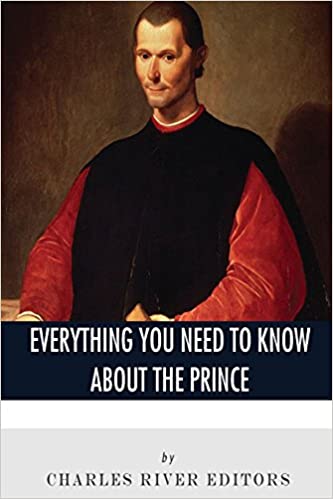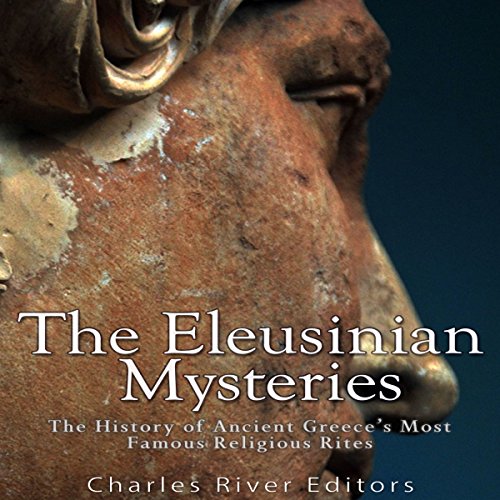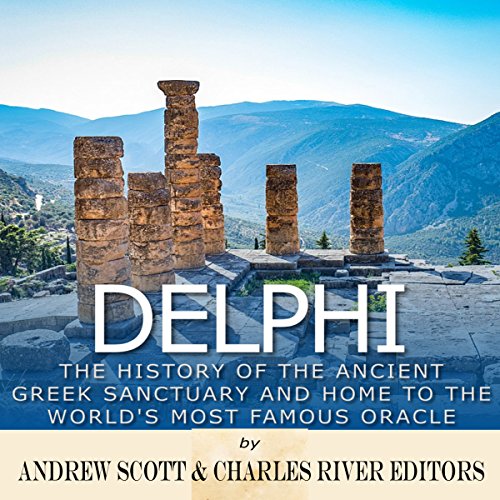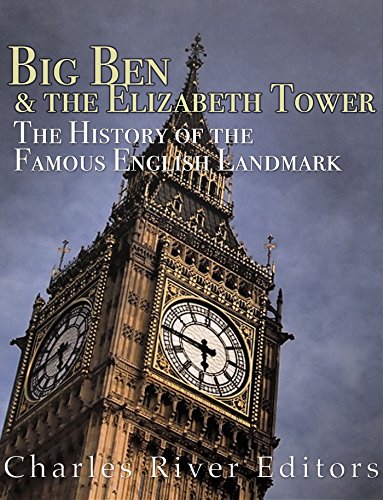The Cultural Revolution: The Controversial History of Mao Zedong's Political Mass Movement After the Great Leap Forward
ISBN: 9781535442664
*Includes pictures
*Includes Mao's quotes and accounts from Chinese living through it
*Includes online resources and a bibliography for further reading
*Includes a table of contents
“A revolution is not a dinner party, or writing an essay, or painting a picture, or doing embroidery. It cannot be so refined, so leisurely and gentle, so temperate, kind, courteous, restrained and magnanimous. A revolution is an insurrection, an act of violence by which one class overthrows another.” – Mao
"[The Cultural Revolution was] responsible for the most severe setback and the heaviest losses suffered by the Party, the country, and the people since the founding of the People's Republic." – The Communist Party’s description of the Cultural Revolution in 1981, five years after Mao’s death.
It’s a sure sign of fame when a man is known simply by his first name, and Mao Zedong, often referred to simply as Mao or Chairman Mao, was one of the most influential men of the 20th century. He was also arguably the most controversial; as the founder of the People’s Republic of China, Mao rose from being a communist revolutionary to successfully overthrowing a regime and transforming China into a communist powerhouse in Asia. The ramifications of Mao’s life and legacy are still very much felt today, as China continues to transition into a superpower that may soon lay claim to the world’s largest economy.
Mao’s communist revolution is still controversial, but it was his reign over China that has made him notorious, and in the West he is often considered one of history’s biggest tyrants. Mao’s revolution and his subsequent policies have been accused of causing millions of deaths, possibly more than the likes of Hitler and Stalin. It has been roughly estimated that Mao was responsible for the deaths of anywhere from 40-70 million, but he has plenty of defenders as well, and they cite Mao’s military and political leadership for inspiring similar revolutions across the world.
*Includes Mao's quotes and accounts from Chinese living through it
*Includes online resources and a bibliography for further reading
*Includes a table of contents
“A revolution is not a dinner party, or writing an essay, or painting a picture, or doing embroidery. It cannot be so refined, so leisurely and gentle, so temperate, kind, courteous, restrained and magnanimous. A revolution is an insurrection, an act of violence by which one class overthrows another.” – Mao
"[The Cultural Revolution was] responsible for the most severe setback and the heaviest losses suffered by the Party, the country, and the people since the founding of the People's Republic." – The Communist Party’s description of the Cultural Revolution in 1981, five years after Mao’s death.
It’s a sure sign of fame when a man is known simply by his first name, and Mao Zedong, often referred to simply as Mao or Chairman Mao, was one of the most influential men of the 20th century. He was also arguably the most controversial; as the founder of the People’s Republic of China, Mao rose from being a communist revolutionary to successfully overthrowing a regime and transforming China into a communist powerhouse in Asia. The ramifications of Mao’s life and legacy are still very much felt today, as China continues to transition into a superpower that may soon lay claim to the world’s largest economy.
Mao’s communist revolution is still controversial, but it was his reign over China that has made him notorious, and in the West he is often considered one of history’s biggest tyrants. Mao’s revolution and his subsequent policies have been accused of causing millions of deaths, possibly more than the likes of Hitler and Stalin. It has been roughly estimated that Mao was responsible for the deaths of anywhere from 40-70 million, but he has plenty of defenders as well, and they cite Mao’s military and political leadership for inspiring similar revolutions across the world.






